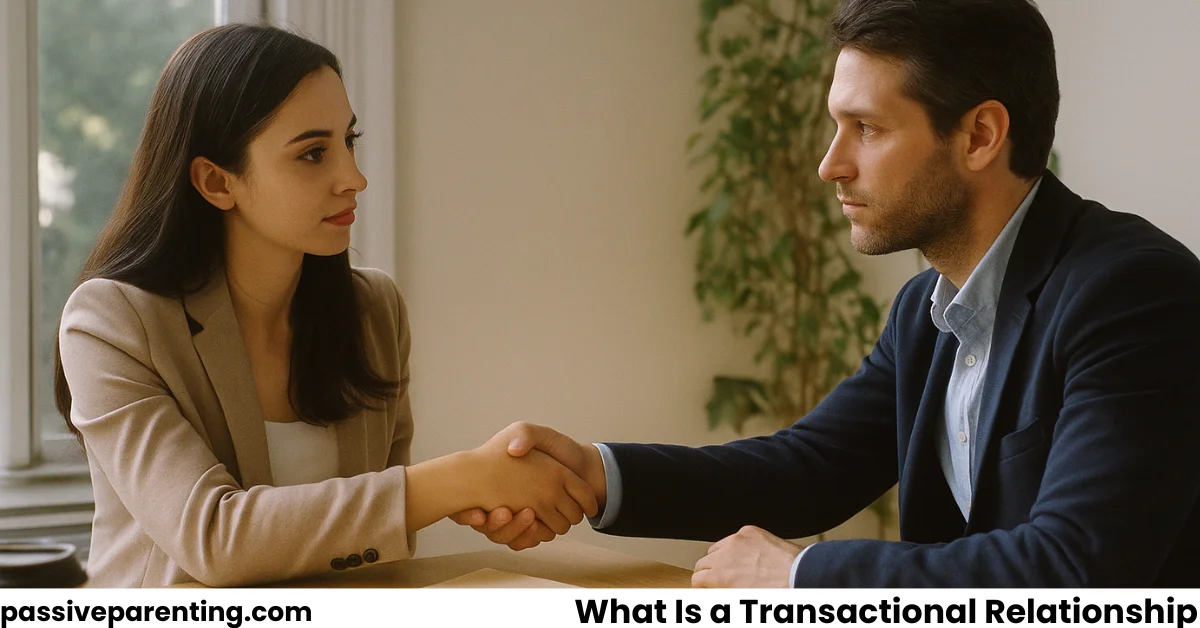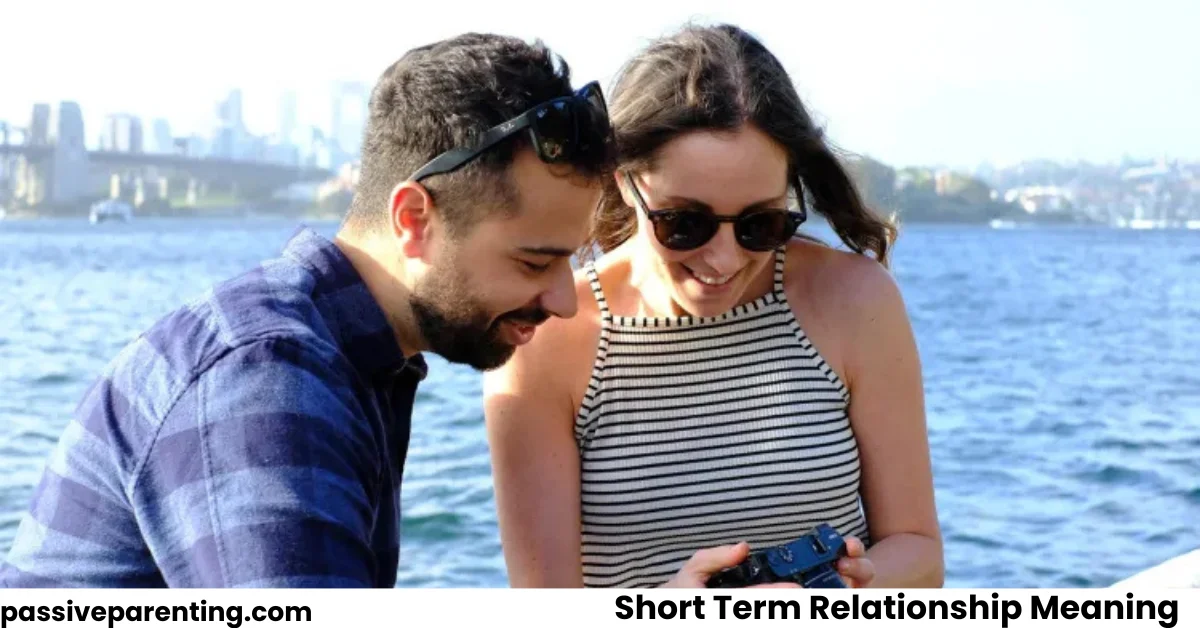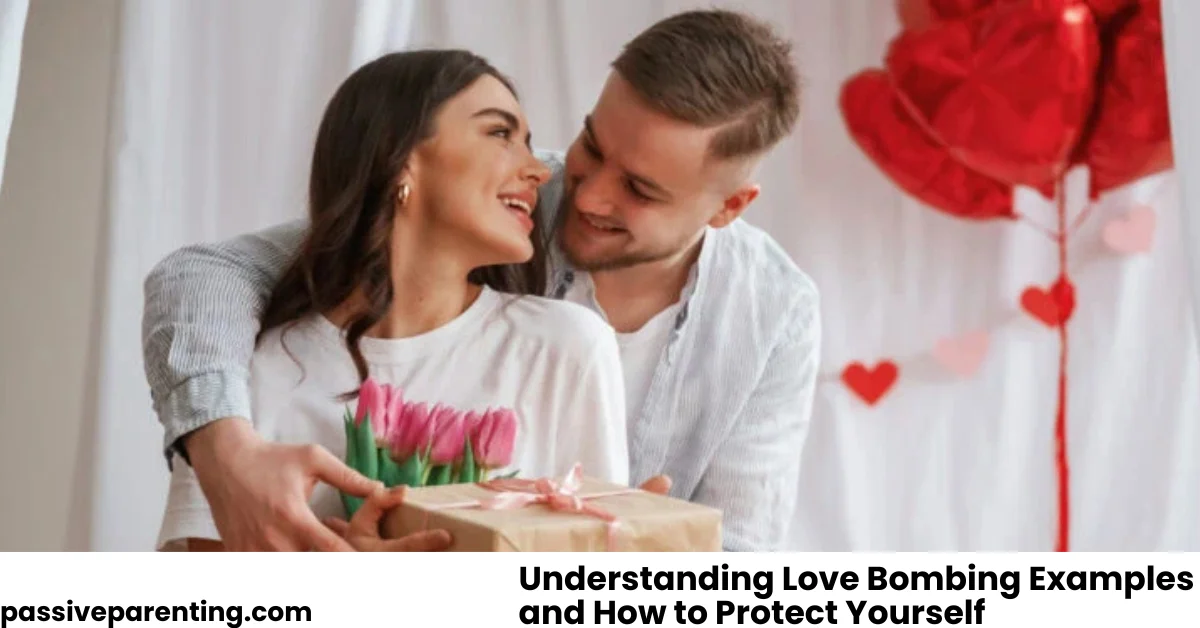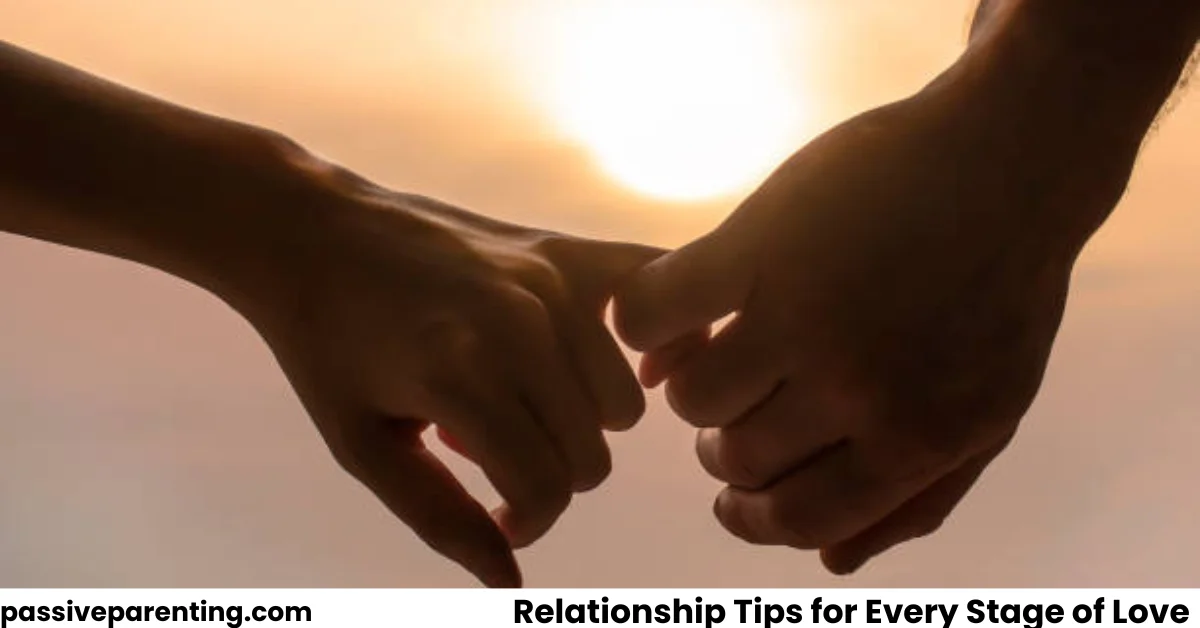In every relationship, whether romantic, friendly, or professional, there’s a balance between giving and receiving. But sometimes, that balance becomes more about exchange than connection, where affection or support is tied to what one person can gain. This dynamic is known as a transactional relationship.
Many people find themselves in transactional relationships without realizing it. They might think they’re being fair or protecting themselves, but over time, such relationships often feel emotionally shallow or exhausting.
So, what is a transactional relationship exactly? Let’s break down what it means, how to identify it, and how you can move toward relationships that are built on genuine care, not conditions.
What Is a Transactional Relationship?
A transactional relationship is one that functions like a trade, a give-and-take built primarily on personal benefit rather than emotional connection. In simple terms, people stay in these relationships as long as they continue to get something out of them.
The “transaction” can be emotional, financial, social, or even professional. For example:
- A friend who only calls when they need help.
- A romantic partner who values gifts over affection.
- A coworker who is friendly only when they need a favor.
These relationships often appear balanced on the surface because both people are “getting something,” but underneath, they lack depth and vulnerability. Once the benefits fade, the bond tends to weaken or disappear.
How Transactional Relationships Form
Transactional relationships rarely start with bad intentions. In many cases, they develop naturally out of human behavior and personal circumstances.
1. Social Conditioning
From a young age, people learn that rewards come from performance like good grades, achievements, or appearances. This conditioning can carry into adult relationships, where love or attention feels like something that must be earned.
2. Fear of Vulnerability
Some individuals fear getting hurt or rejected, so they focus on control and measurable exchanges instead of emotional openness. It feels safer to give with an expectation rather than risk giving unconditionally.
3. Self-Interest and Scarcity Mindset
When people feel emotionally or financially insecure, they may prioritize relationships that provide security. This self-protective instinct can create a cycle of conditional giving.
4. Societal and Professional Influence
In workplaces or competitive environments, transactional behavior is rewarded. Over time, that mindset can bleed into personal relationships, making interactions feel like negotiations.
Key Signs of a Transactional Relationship
Identifying a transactional relationship can be tricky because the behavior often looks polite, logical, or even generous. However, the intent behind the actions reveals the truth.
1. Giving With Strings Attached
Acts of kindness come with expectations. Whether it’s time, attention, or help, one person expects something equal or greater in return.
2. Lack of Emotional Depth
Conversations remain surface-level, focusing on practical exchanges rather than feelings or experiences. Emotional vulnerability feels uncomfortable or avoided altogether.
3. Conditional Affection
Love, attention, or appreciation depends on whether certain needs are met, not on genuine care or connection.
4. Imbalance of Power
One partner might provide financial stability, while the other offers emotional or physical support. Though both seem to “contribute,” it’s often uneven and unsustainable.
5. The Relationship Feels Like a Performance
Each person feels pressure to maintain a certain image or deliver constant value. Authenticity is replaced with effort aimed at maintaining benefit.
6. Fading Connection When Needs Change
If circumstances shift like financial struggles or reduced emotional availability, the relationship quickly loses energy or ends.
If these signs feel familiar, it may mean that the relationship is based more on exchange than genuine care.
Examples of Transactional Relationships
Transactional dynamics can appear in many forms. Here are some relatable examples to help you recognize them:
Romantic Relationships
One partner stays because of financial comfort, while the other enjoys emotional support or social status. Love is secondary to benefit.
Friendships
A friend who’s only around during your successes or who vanishes when you stop offering help, reflects a transactional pattern.
Work and Networking
Professional connections are naturally transactional to some degree, but when personal care or respect is missing, the relationship feels empty.
Family Relationships
Even family bonds can become transactional when love and attention are conditional upon achievements, money, or appearances.
In each of these cases, the core issue isn’t the exchange itself, it’s the absence of genuine emotion and unconditional support.
Transactional vs Emotional Relationships
To understand what a transactional relationship truly means, it helps to compare it to an emotional (or transformational) one.
| Aspect | Transactional Relationship | Emotional Relationship |
|---|---|---|
| Motivation | Self-interest, personal gain | Shared values and empathy |
| Connection | Based on benefit or exchange | Rooted in trust and care |
| Communication | Functional and goal-oriented | Honest and vulnerable |
| Longevity | Ends when benefits end | Endures through changes |
| Fulfillment | Short-term satisfaction | Long-term emotional growth |
While every relationship involves some level of give-and-take, emotional relationships focus on connection, not calculation.
The Psychology Behind Transactional Relationships
Understanding why transactional dynamics occur can help break the cycle.
1. Attachment Styles
People with avoidant or anxious attachment may lean toward transactional relationships because they feel safer keeping emotions under control.
2. Emotional Conditioning
If someone grew up in an environment where affection was tied to performance or reward, they may equate love with transaction.
3. Fear of Rejection
Transactional behavior allows emotional distance, reducing the risk of vulnerability or disappointment.
4. Desire for Validation
Some seek constant proof of worth by giving or receiving, mistaking transactional validation for genuine love.
Recognizing these psychological roots can be the first step toward healing and forming healthier, emotionally balanced connections.
Are Transactional Relationships Always Negative?
Not necessarily. Transactional dynamics are natural and even beneficial in certain contexts such as business partnerships or professional mentorships. These relationships are goal-oriented and practical, and all parties understand the nature of the exchange.
However, when this mindset takes over personal relationships, it becomes emotionally draining. Love, friendship, and family bonds thrive on empathy, trust, and mutual care, not balance sheets or unspoken contracts.
The key difference lies in intent. If you value someone only for what they provide, the relationship lacks authenticity. But when the foundation is respect and kindness, even practical exchanges can feel genuine.
How to Move Beyond Transactional Relationships
If you suspect your relationships are more transactional than emotional, the good news is, change is possible. It starts with awareness and a willingness to connect differently.
1. Practice Honest Self-Reflection
Ask yourself:
- Why am I in this relationship?
- Would I still care for this person if they couldn’t offer me what they do now?
These questions reveal whether your connection is based on exchange or emotion.
2. Communicate Openly
Many transactional patterns continue because neither person talks about expectations. Clear, compassionate communication can shift the focus toward emotional honesty.
3. Cultivate Empathy
Focus on understanding your partner or friend’s needs, not just your own. Genuine empathy helps transform relationships from conditional to caring.
4. Redefine Boundaries
Healthy relationships have balance, not obligation. Learn to say no without guilt and yes without expectation.
5. Build Self-Worth
When you value yourself independently of others’ approval, you stop using relationships as a source of validation or reward.
6. Choose Depth Over Convenience
Spend more time with people who make you feel emotionally understood rather than just useful.
Healing After a Transactional Relationship
If you’ve left a transactional relationship, the emotional aftermath can be confusing. You might feel relief, sadness, or even guilt. Healing takes time, but it also brings powerful lessons.
- Reflect, don’t regret. Every relationship teaches you something about your needs and values.
- Forgive yourself. Transactional patterns are often learned, not chosen.
- Reconnect emotionally. Prioritize relationships that feel safe, warm, and mutual.
- Seek support. Talking to a counselor or trusted friend can help rebuild trust in emotional connection.
Remember, healing isn’t about avoiding people, it’s about forming connections that enrich you without conditions.
How to Foster Non-Transactional Relationships
Healthy relationships are built on emotional generosity, not scorekeeping. You can nurture that by:
- Offering kindness without expecting something back.
- Expressing appreciation for who someone is, not just what they do.
- Being present, not performative.
- Valuing shared experiences over material exchanges.
When people feel seen, heard, and accepted, relationships naturally shift from transactional to transformational.
When to Walk Away
Sometimes, no amount of effort can make a transactional relationship emotional especially when the other person isn’t interested in real connection.
It may be time to let go if:
- You constantly feel drained or undervalued.
- Conversations always revolve around what one person needs.
- You feel anxious about “keeping up” your worth in the relationship.
Walking away doesn’t mean failure, it means choosing peace, authenticity, and emotional honesty.
Conclusion
So, what is a transactional relationship? It’s a relationship built on exchange rather than emotional connection where affection, time, or support depends on what one person gains in return.
While not all transactional relationships are harmful, relying solely on them can leave you feeling unseen and unfulfilled. Recognizing these patterns is the first step toward change.
Healthy relationships grow from empathy, trust, and unconditional respect. When you give and receive freely, not because of obligation, but because of care, you create a bond that lasts longer than any transaction ever could.
In the end, life’s most meaningful relationships aren’t measured by what we get but by how deeply we connect.




